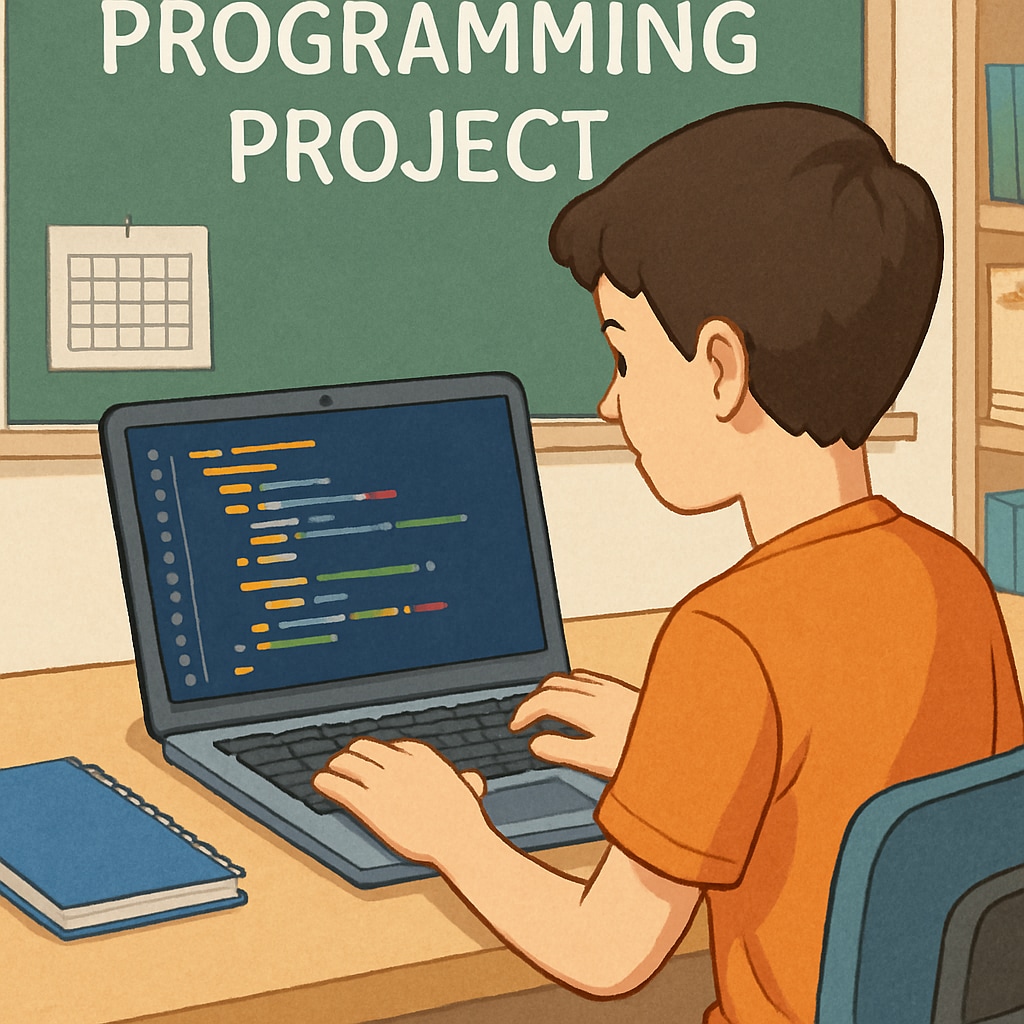Embarking on a journey in the IT and technology field can be both exciting and daunting for university freshmen. Career planning in IT, especially for those without prior experience, often feels overwhelming due to the sheer number of options available. From software development and data analysis to cybersecurity and network administration, each path offers unique opportunities and challenges. This article provides a structured approach to help university students identify their ideal IT career path by considering personal interests, emerging industry trends, and long-term goals.
Understanding the Vast Landscape of IT Careers
The first step in career planning within IT is understanding the diverse roles within the industry. Each specialization serves different functions and requires specific skill sets. Here’s a brief overview of some of the most popular fields:
- Software Development: Involves creating applications, websites, or systems using programming languages like Python, Java, or C++. Ideal for problem solvers and creative thinkers.
- Cybersecurity: Focuses on protecting systems and data from cyber threats. This field is perfect for individuals with an analytical mindset and an interest in risk management.
- Data Science: Combines programming, statistics, and domain knowledge to analyze data and provide insights. It’s a great fit for those drawn to numbers and trends.
- Network Administration: Maintains the infrastructure that enables communication between devices. If you enjoy hands-on work with hardware and software, this might be your path.
Each of these fields offers unique opportunities, and the right choice depends on aligning your strengths and interests with the demands of the role.

Factors to Consider When Choosing Your IT Pathway
Choosing the right career path involves more than just picking what seems exciting. University freshmen should consider the following factors:
- Personal Interests: Reflect on your passions. Do you enjoy coding, analyzing data, or solving security puzzles?
- Market Demand: Research industry trends to identify high-demand roles. For example, cybersecurity is rapidly growing due to increasing cyber threats.
- Skillset and Learning Style: Assess your current abilities and preferred ways of learning. Programming roles may require a logical and detail-oriented approach, while data science demands strong analytical skills.
- Long-term Goals: Consider where you see yourself in 5–10 years. Do you want to work for a large corporation, a startup, or perhaps freelance?
Balancing these factors will provide a clearer picture of the career path that best suits you.
Steps to Begin Your IT Career Journey
Once you have a general idea of your interests and goals, it’s time to take actionable steps. Here’s a roadmap to help:
- Explore Introductory Courses: Many universities offer beginner-level courses in programming, networking, or data analysis. Online platforms like Coursera or edX can also be helpful.
- Join Clubs and Hackathons: Participating in tech-related extracurriculars provides hands-on experience and networking opportunities.
- Seek Internships or Part-Time Roles: Even entry-level positions can provide valuable insights into the daily tasks of a specific role.
- Build a Portfolio: Create small projects to showcase your skills. For example, develop a simple app or analyze a public dataset.
These steps will not only enhance your skills but also strengthen your resume, making you more competitive in the job market.

Leverage Resources and Mentorship
Finally, don’t hesitate to seek guidance. Mentorship can be invaluable in helping you navigate both academic and career decisions. Here’s how you can find support:
- University Career Services: Many universities have career centers that provide counseling, resume workshops, and job fairs.
- Online Communities: Platforms like LinkedIn and GitHub allow you to connect with professionals in your field of interest.
- Professional Certifications: Consider certifications like CompTIA, AWS, or Cisco, which demonstrate expertise and commitment.
By leveraging these resources, you can gain clarity and confidence in your career planning process.
In conclusion, career planning in IT, especially for university freshmen, requires careful consideration of personal interests, industry trends, and practical experiences. By exploring different pathways, taking proactive steps, and seeking mentorship, you can find a fulfilling career that aligns with your aspirations. Remember, the IT industry is dynamic and ever-evolving—what you choose today can open doors to endless opportunities in the future.
Readability guidance: Use short paragraphs and bullet points to summarize key points; ensure a balance of active voice for clarity and passive voice for context. Distribute transitions evenly throughout the text (e.g., however, therefore, for example).


